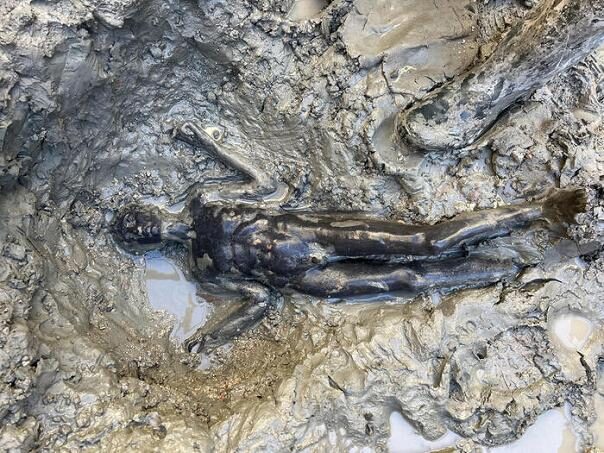Information about the importance of water for the subsistence of bees is known. But, a team of Canadian scientists discovered, thanks to a mistake, that a certain species of bees can survive submerged for several days. An experimental error showed them that bees can live underwater for up to a week.

An error in an experiment showed what no one imagined
The team of scientists from the University of Guelph in Canada, while researching bumblebees, accidentally submerged queen bumblebees in water. To their amazement, the insects survived. The study sought to analyze the impact of pesticides on queen bees that hibernate underground.
Professor Nigel Raine, author of the study, expressed surprise at this unexpected finding. They are terrestrial organisms, which are not really designed to be underwater, Raine told CNN.
This discovery raises questions about the adaptability of bumblebees and their ability to cope with challenging environments. The study, published in the journal Biology Letters, sheds light on an unknown aspect of these important pollinators.
Next, the team wanted to delve deeper into the results. To do this, he submerged 143 eastern common bumblebee queens for seven days. Their survival rates were similar, offering new insight into insect adaptations and resistance to flooding.

Scientists believe that diapause is the reason bees can live underwater
The period of metabolic inactivity in bees is called diapause. During this time, they reduce their activity and energy consumption to survive adverse conditions such as cold or food shortages.
This is a vital state in the life cycle of bees, especially in species that live in temperate or cold climates. During this period, bees reduce their metabolic and physical activity to conserve energy and cope with unfavorable environmental conditions.
During diapause, bees can reduce their respiration rate, allowing them to conserve energy stored in the form of body fat. Additionally, they decrease their foraging activity and limit their movement within the hive.
This process is also associated with physiological and hormonal changes in these insects. For example, in some species, egg production stops and resumes when environmental conditions are more favorable for raising young. The duration and timing may vary depending on the bee species and local environmental conditions. It can last for more or less time or even be non-existent.
It is clear that there is still much to discover about these vital pollinators that are essential for our planet.





